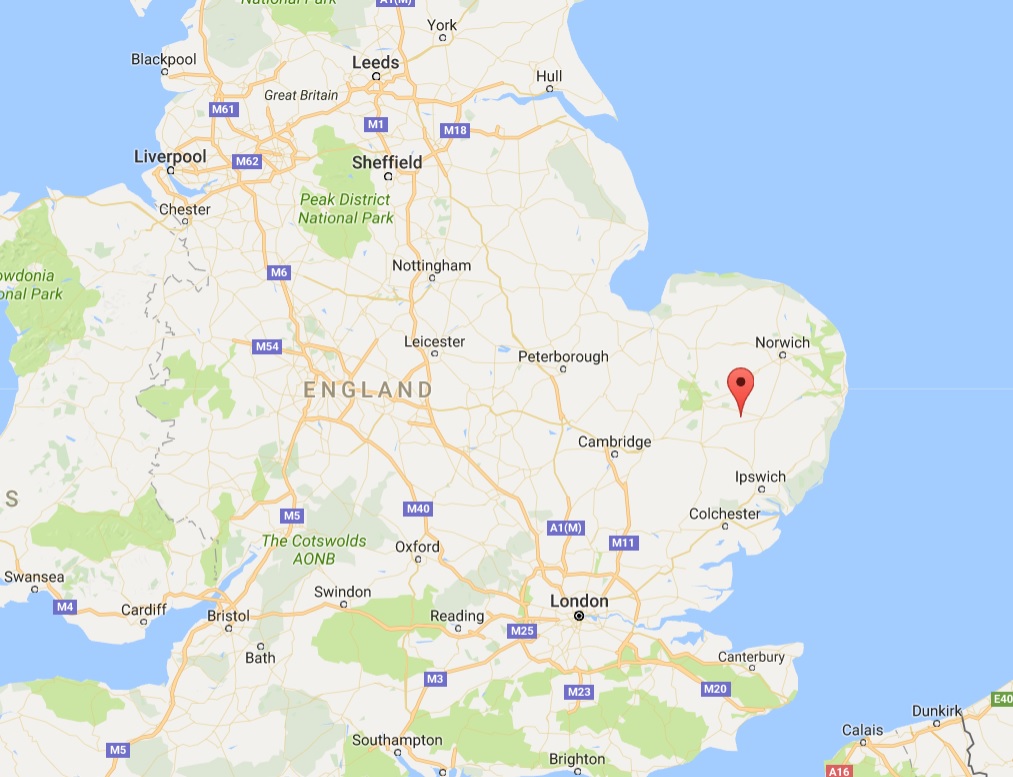
A strain of the Avian Influenza H5N8 virus has been identified on a premises near Redgrave, Suffolk during investigations following a recent nearby case.
Defra's routine investigations following a confirmed case of H5N8 near Redgrave in Suffolk have led to the detection of the virus at a further separate premises.
Due to the unacceptable high risk and to contain the possible spread of avian flu, the UK’s Deputy Chief Veterinary Officer has today (3 March) confirmed that proactive culling of around 55,000 ducks will take place.
The premises will then be cleansed and disinfected, further reducing the risk to other birds. A 3km Protection Zone and a 10km Surveillance Zone are already in place following the previous case in the area.
Government investigations will continue and the restrictions already placed on the site will remain in force until cleansing and disinfection is finished and the investigation is complete.
Public Health England advises that the risk to public health from the virus is very low and the Food Standards Agency is clear that bird flu does not pose a food safety risk for UK consumers.
UK bird flu cases
All poultry keepers - whether they keep a commercial flock or a few chickens in their back garden - have been urged by the Government to practise strict disease prevention measures, following Defra’s guidance to take steps to reduce the risk of infection via the environment.
Today's new case in Suffolk is the same strain which has been found in a chicken farm in Northumberland on 24 February, in a pheasant farm in Suffolk on 13 February, Lancashire on 30 January, in a turkey farm in Boston, Lincolnshire on 26 January, in a flock of farmed pheasants at a premises in Preston, Lancashire on 24 January, in a backyard flock in North Yorkshire on 6 January, in Carmarthenshire, Wales, on 3 January, at a turkey farm in Lincolnshire on 16 December and in a number of wild birds across England, Wales and Scotland.
